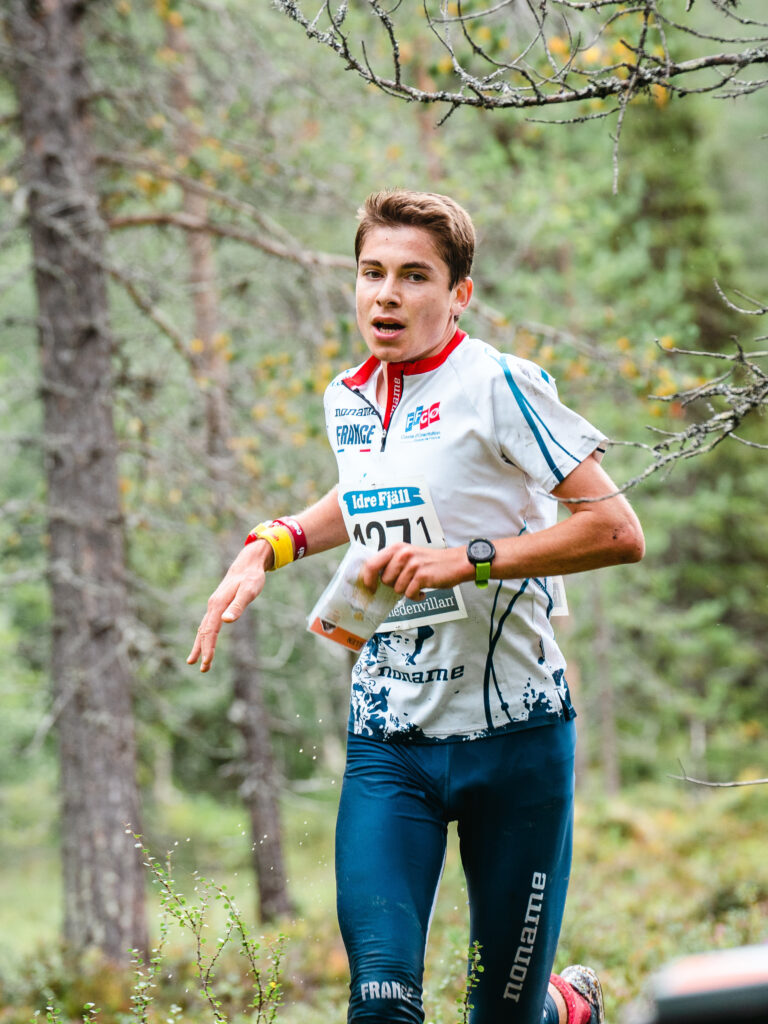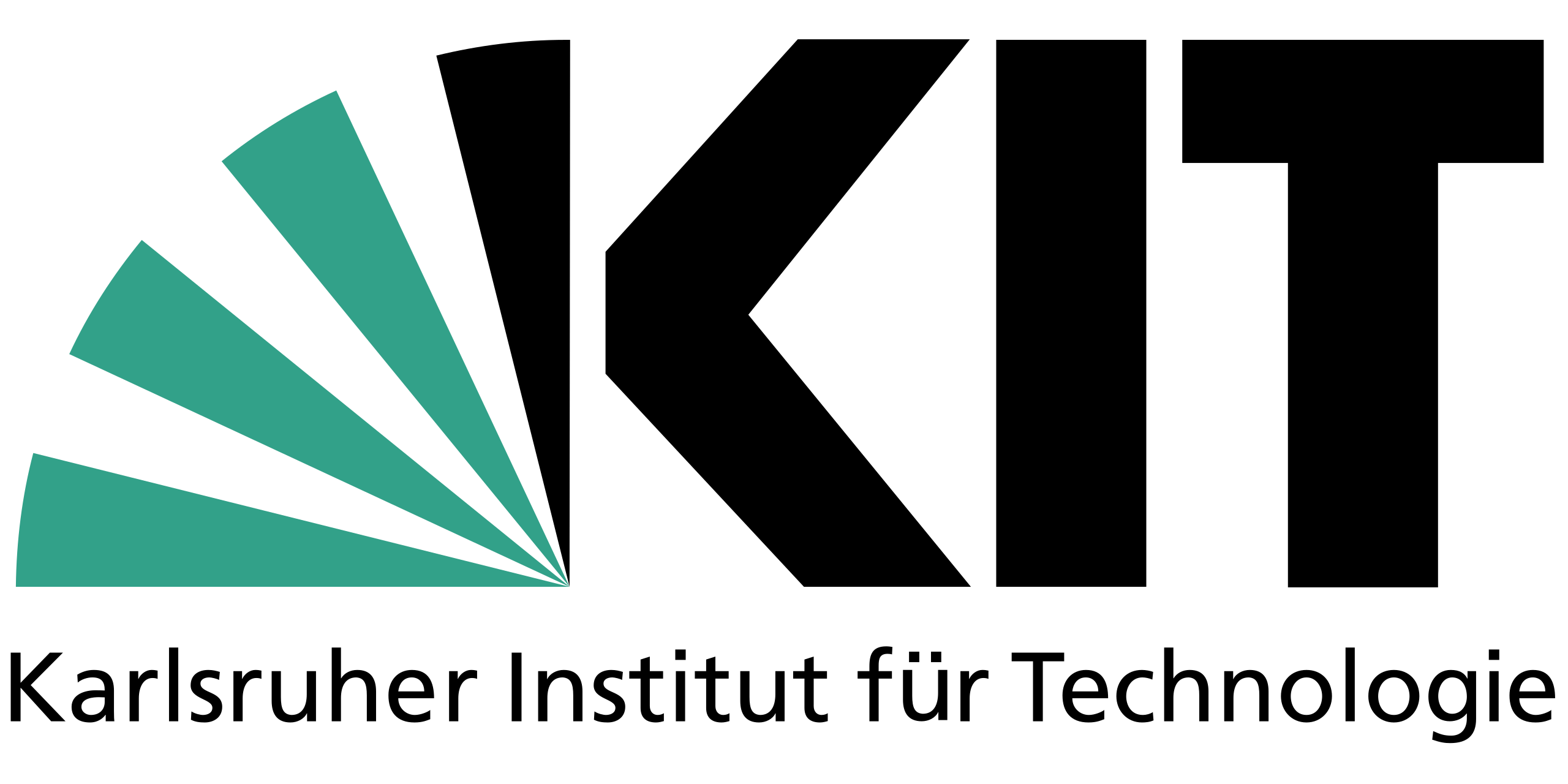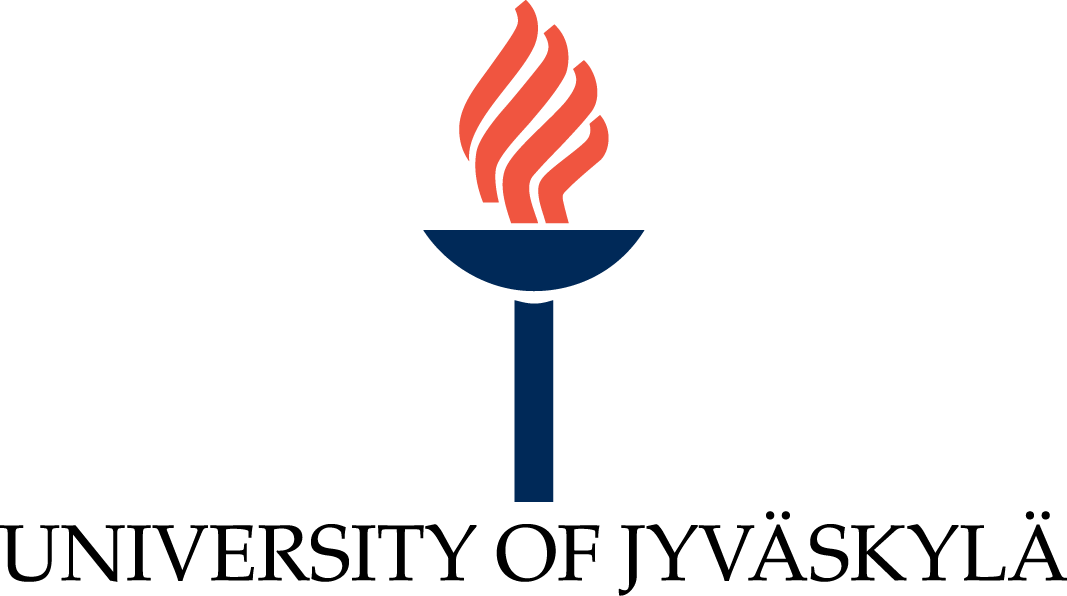Can you introduce yourself in a few words and your academic and sport paths?
I’m Quentin Moulet, I’m 23 and have been studying at INSA Lyon for 5 years. I joined INSA right after high school in the high-level section and I’m currently specialising in Material Engineering. I do orienteering and compete in the world cups and world championships.
How long have you been practising your sport and how did this passion come about?
After playing a lot of sports when I was young, including 8 years of badminton, I discovered orienteering in 2014. I’ve been practising this sport for more than 6 years now with a real focus on performance. I discovered this sport at middle school, and it quickly became a passion in which I invest a lot of time.
What made you choose the High-Level Sports section? How did you discover it?
I wanted to do engineering studies, and I was already interested in INSA Lyon. A federal structure for elite orienteering sport is based in Lyon and I knew several runners who were part of it. So, I knew about the possible facilities and this choice seemed to be the best option to be able to study engineering in France while continuing to search for performance in my sport.
What facilities and support have you received to facilitate your sport?
At INSA, the main advantage is that we can divide our 5 years of study into 7 or 8 years, which frees up time every day to train. We also have access to a gym specially reserved for students in the section. Finally, we are offered the possibility of working with a dietician and a mental coach.
Let’s talk about international mobility experience. Which destination did you choose for your international mobility, and why did you choose it?
I chose Chalmers University to do my international mobility. I wanted to go there because orienteering is very developed in Scandinavian countries and the terrains are very challenging. In addition, Göteborg offers good training conditions throughout the winter for outdoor training (only a few days of snow). Also, a lot of very good orienteers and dynamic clubs are based in the city, providing a good environment and great training opportunities.
How has this experience enrich you? What is your best memory so far?
This experience in Sweden has enriched me personally a lot, I’ve discovered a different country, a different culture, and different ways of training. I’ve learned to be more flexible and independent. I’ve made a lot of progress in my sport and I’m even more motivated to get involved in elite sport. I have a lot of good memories of this year, one of them would be the sunrise at the top of a hill in Sjusjøen during a long ski tour.
What does the SAMEurope project inspire you? In your opinion, what are the challenges for universities to adapt to top-level athletes?
I think this project is really great, as the students can easily pursue a career in their sport if they are offered a little help. For me, the main challenge for universities is to give flexibility and time to elite athletes. This means adapting the length of their studies, providing accommodation close to their training centres/universities or even offering them the opportunity to work remotely or postpone certain exams.






